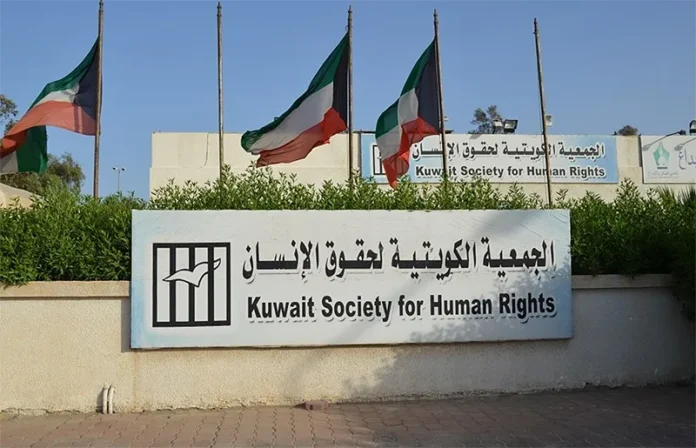Chairman of the Permanent Committee for Complaints and Grievances and Member of the Board of Directors of the National Diwan for Human Rights (NDHR), Dr. Abdulredha Assiri, affirmed on Tuesday the important role of the Diwan in Dr. Assiri said in a press conference organized by the Center for Gulf and Arabian Peninsula Studies at Kuwait University that the symposium on human rights policies in Kuwait and interaction with the local and international situation, held last December, came up with important recommendations after the completion of the workshops and meetings.
Among the recommendations was the establishment of awareness and educational programs about the role of the National Office for Human Rights in the appropriate fields.
Furthermore, Dr. Assiri pointed out the importance of the NDHR embracing community initiatives of human rights and mobilizing effective partnerships within the framework of spreading the culture and goals of human rights. In order to benefit from higher education institutions and their expertise in allocating matters related to human rights through research and proper evaluation.
Dr. Assiri stressed the need to urge the establishment of a joint Gulf system for national human rights institutions, similar to the Arab Network for National Human Rights Institutions, which is entrusted with raising the capabilities of workers in national human rights institutions in the Gulf Cooperation Council (GCC) countries.
Such institutes also provide logistical support to national and Gulf institutions to raise the societal level of human rights concepts, he added.
Dr. Assiri emphasized the importance of activating cooperation between the NDHR and judicial and legal institutions to conduct joint training and awareness programs, and involving public benefit institutions in measuring the training impact of the joint programs that are implemented, and working in the future to develop such programs.
Dr. Assiri continued that one of the recommendations was to hold a periodic meeting or forum with the public in order to spread the culture of human rights, increase public human rights awareness, and shed light on the policies and activities carried out by all governmental and non-governmental agencies related to human rights.
In addition to laws and decrees approving international conventions concerned with human rights and their explanatory memorandums, equipped with the necessary resolutions, interpretations, clarifications and comments, Dr. Assiri continued issuing a volume containing the texts of the Kuwaiti Constitution and the Universal Declaration of Human Rights.
He said that the recommendations included holding closed or limited workshops for specialists and stakeholders in human rights matters to discuss issues and develop plans, policies, strategies, and problem solving in order to deepen the common understanding of those concerned with human rights.
Moreover, Dr. Assiri also added activating strategic relations with Kuwait University, public and private educational institutions, civil society institutions, and other official governmental and private bodies concerned with human rights to prepare an accredited academic or training program that provides human rights activists with the understanding and skills necessary to deal with international, regional and national systems while developing capacities for negotiating and managing human rights projects.
He went on to explain the importance of preparing a comprehensive draft on human rights laws that explicitly stipulates the repeal of any issue that can cause violations of the aforementioned rights in the draft.
Finally, Dr. Assiri reiterated the importance of initiating laws that regulate interaction with technologies and artificial intelligence techniques in a way that guarantees and preserves the basic requirements of human rights. (KUNA)

















